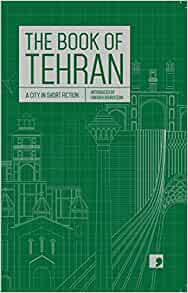When the Cranes Fly South by Lisa Ridzen, translated by Alice Menzies (Transworld Publishing).
August is Women in Translation month and my reading for this has started strongly with the Waterstones' Debut Fiction Prize shortlisted book When the Cranes Fly South,
I confess when I chose this book from the shortlist I wasn't aware that it was a translated book but I did cheer (quietly - I was in the library after all) when I saw that it was a Swedish book.
The publisher blurb for the book warns you that you're in for an emotional rollercoaster of a read:
Bo is determined to live his own life in his own way. But his son has other ideas...
Bo lives a quiet existence in his small rural village in the north of Sweden. He is elderly and his days are punctuated by visits from his care team and his son.
Fortunately, he still has his rich memories, phone calls with his best friend Ture, and his beloved dog Sixten for company.
Only now his son is insisting the dog must be taken away. The very same son that Bo is wanting to mend his relationship with before his time is up. The threat of losing Sixten stirs up a whirlwind of emotions and makes Bo determined to resist and find his voice.
The book covers a fairly short time frame and is broken up into small chapters each prefaced with the notes Bo's carers leave in his log book and between these notes and Bo's memories we get to know what has made Bo, and his son, the way they are.
I raced through this book because I was so fully and emotionally involved with all the characters, and yes - more than once I had a lump in my throat. However while this is quite a sad book it is ultimately heart warming and an excellent read.
It would have been nice for a translated book to win the WDFP but I did really love the winner (Lucy Steed's The Artist) when I read it earlier in the year.


















